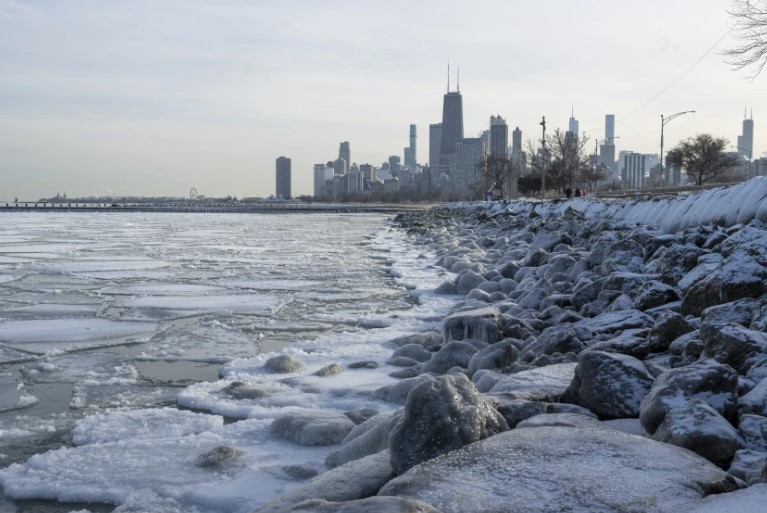On Monday, President Donald Trump declared a national emergency at the U.S.-Mexico border, citing the need to combat illegal migration and drug trafficking. This action, accompanied by several executive orders, signals the administration’s intent to overhaul border security and immigration policies.
Key measures include the suspension of birthright citizenship for certain children of foreign nationals, a crackdown on criminal cartels by designating them as “global terrorist organizations,” and using military resources to dismantle drug trafficking networks. Additionally, Trump plans to complete the border wall and suspend refugee resettlement. The administration has also halted CBP One app appointments, previously allowing migrants to schedule entry at ports of entry, leaving thousands stranded.
Trump emphasized using the Alien Enemies Act of 1798 to address criminal gangs, pledging to deport millions of undocumented immigrants. The declaration grants access to over 150 legal provisions, potentially redirecting Defense Department funds for border security. Critics argue this misuses emergency powers, as courts have previously ruled that border wall projects do not qualify as military construction.
Immigration advocates have condemned these policies, with organizations like the Las Americas Immigrant Advocacy Center filing lawsuits to protect asylum seekers’ rights. Advocacy groups also warn of broader implications, including bypassing due process under the Alien Enemies Act.
Historically, Trump’s deportation figures fell short of President Barack Obama’s record, though the new administration aims to escalate enforcement using wartime authorities. Critics, such as the Brennan Center for Justice, argue that invoking the Alien Enemies Act against crime gangs is unprecedented and risks legal challenges.
Despite a recent decline in illegal border crossings to their lowest in five years, the administration claims these actions are necessary to address “chaos” at the border under previous leadership. Experts anticipate prolonged legal battles over these measures, particularly regarding the emergency declaration’s scope and its implications for constitutional rights and immigration law.


